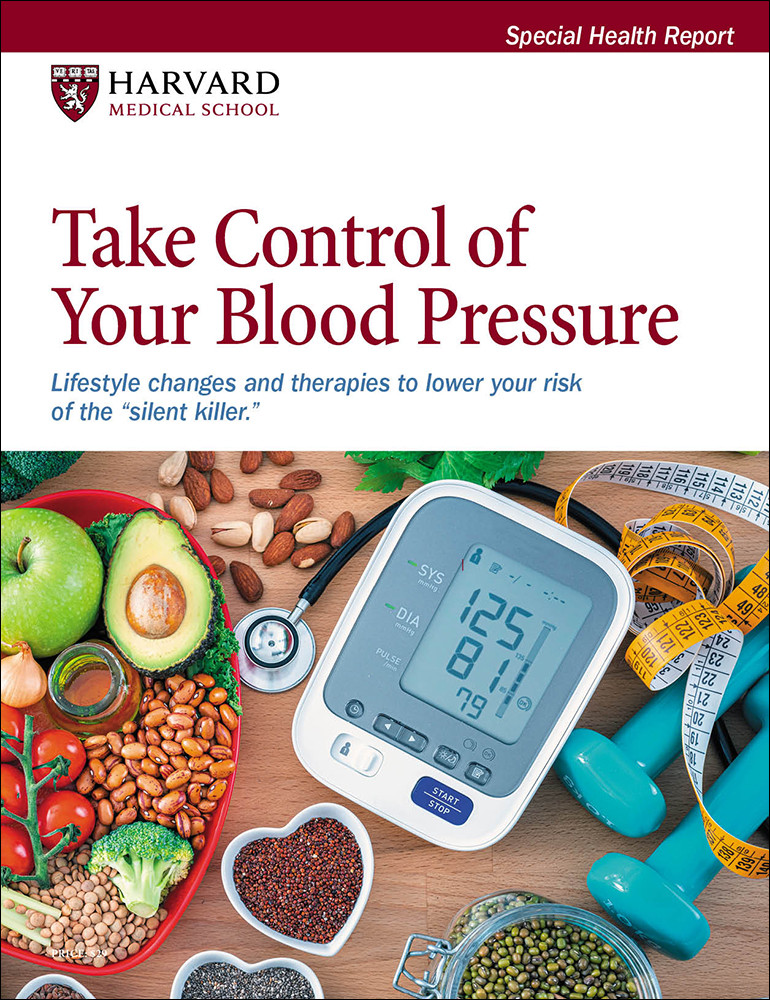When are nosebleeds a problem?
Ask the doctor

Q. I just moved to a high-altitude, dry region and I've since had a couple of nosebleeds. Could my location have anything to do with it?
A. Absolutely. Indeed, while six in 10 people will experience a nosebleed at some point in their lives, the most common cause is dry air — which is also typical in high-altitude areas. Most nosebleeds occur when delicate tissue inside your nose becomes cracked, prompting bleeding from tiny blood vessels. Other frequent triggers include allergies, blood-thinning medications, or a deviated septum (when the cartilage and bone wall separating the nostrils shifts off-center). While most nosebleeds end within minutes, you can help one stop faster by pinching the bridge of your nose, leaning forward, and applying ice.
Most nosebleeds aren't a cause for concern, but certain signs indicate otherwise. If they happen frequently, the blood flow is heavy or long-lasting (more than 20 minutes), or other symptoms show up — such as unexplained bruises, dizziness, or fast heart rate — it's important to see your doctor. These situations might mean you need evaluation for high blood pressure, iron deficiency anemia, or a blood clotting disorder.
Image: © Tharakorn/Getty Images
About the Author

Toni Golen, MD, Editor in Chief, Harvard Women's Health Watch; Editorial Advisory Board Member, Harvard Health Publishing; Contributor
Disclaimer:
As a service to our readers, Harvard Health Publishing provides access to our library of archived content. Please note the date of last review or update on all articles.
No content on this site, regardless of date, should ever be used as a substitute for direct medical advice from your doctor or other qualified clinician.
















